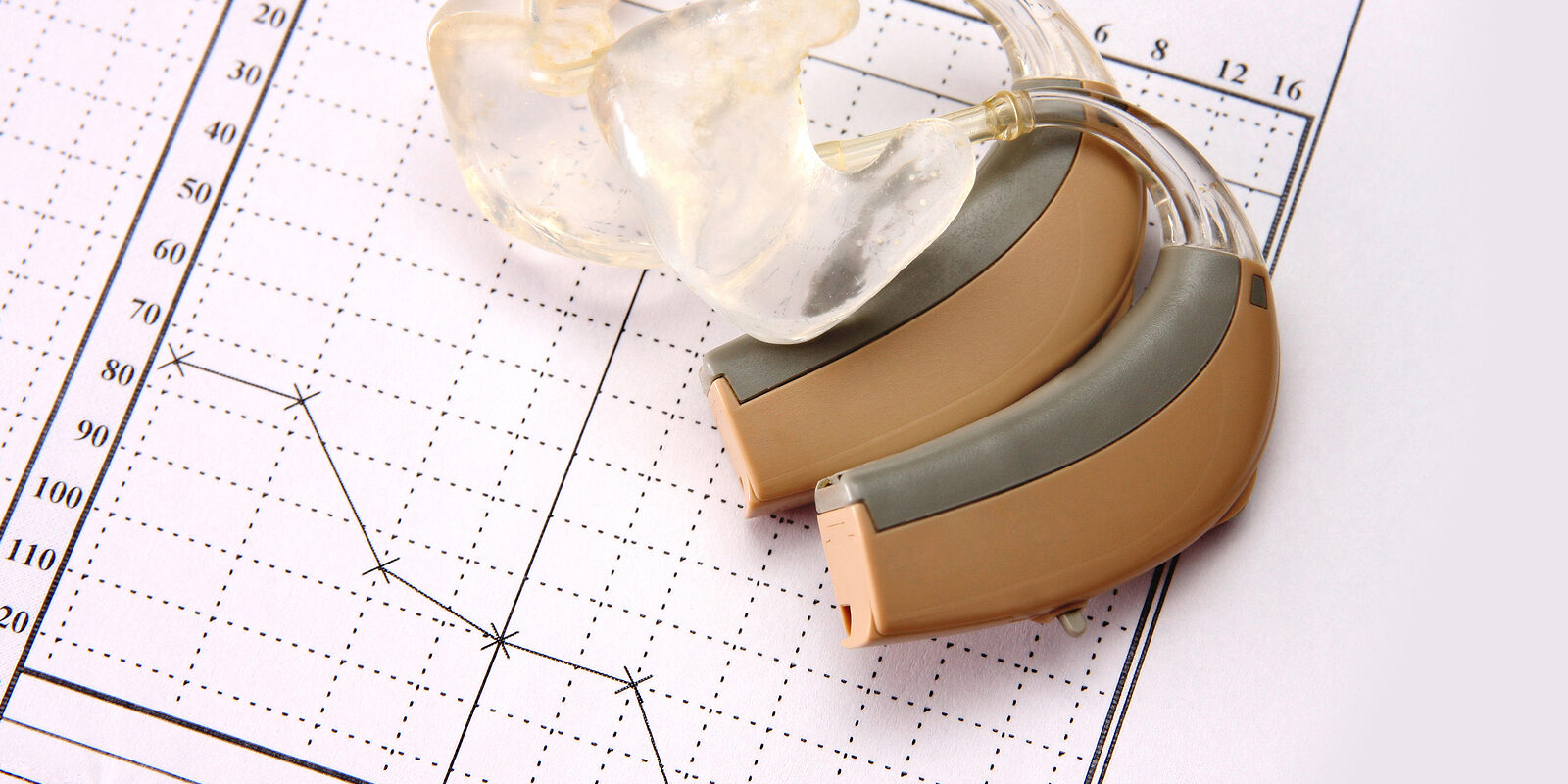ADJUSTING TO NEW HEARING AIDS

Hearing medical chart showing and hearing aid
It can take a long time to realize that you are suffering from hearing loss and even longer before you get around to doing something about it. In that time, chances are you’ve grown accustomed to missing out on what you’re not able to hear. There may even be some sounds that your brain has completely forgotten about. But that’s no more!
Congratulations, you’ve taken the hearing test, spoken with a hearing health specialist, done the research and you have finally received your hearing aids!
Now what?
Learning to hear again
Your brain is taking in and processing a lot of new information at once. The ability to hear new sounds and frequencies can be overwhelming at first. Here are some tips:
- Wear them in the comfort of your own home first. In the beginning, it can be daunting wearing hearing aids out in the world. Practice wearing them at home while listening to an audiobook or chatting with a loved one.
- Set assignments to achieve your goals. Set goals to improve proficiency, like using your hearing aid on the phone once a day. This way your friends and family can participate and celebrate successes.
- Take breaks. It is mentally exhausting to process all of the new sounds introduced into your daily life. It can be a good idea to set aside some quiet time every day to give your ears a break.
- Take hearing aid use and care classes. Hearing aids last longer and can be more useful with proper maintenance. Classes are also a good way to make friends with other people who have experienced hearing loss. They may be able to guide and offer advice as you learn to live with your new hearing aids.
- There will be moments of frustration when you’ll want to give up. Hearing with aids requires actively listening. This uses different muscles than normal hearing, which is passive and happens without thought. Listening and hearing with the use of aids is different than hearing with just ears, so there is an inevitable adjustment period to determine what levels work for your lifestyle and needs.
- Report any pain. If your hearing device is causing you pain speak with a professional immediately. It may be as simple as changing the settings on the devices or adjusting how it fits in your ear.
Louder sounds and a new world of noises
Murmurs at a party, the clank of silverware at a restaurant, the shuffle of papers at a meeting, the rattle of ice in a glass at a bar, birds chirping, the neighbors’ lawn mower, the familiar melody of an ice cream truck, drops of water from a leaky faucet, vehicles passing by in the distance are just a few of the many sounds that fill our everyday soundscapes.
Like many, you may have waited long enough to get hearing aids that you’ve forgotten what it’s like to hear the sounds that surround us.
You’ll soon discover that your whole world sounds sharper and voices clearer once you have begun using hearing aids. At times, it may even be overwhelming to take in all of the renewed sounds.
As you embark on this journey, remember…
- Using hearing aids to hear is not like using glasses to see. It takes time to learn and adjust to new hearing devices. Hearing aid technology continues to improve regularly but using any kind of device requires learning.
- The more you wear it the better you’ll get. It might be uncomfortable in the beginning but stick with it! Hearing is a skill you can train your brain to get better at…
- This means it may take time for your hearing aid to fit just right. In the meantime make sure to note what works and what doesn’t so that you can communicate your needs to your hearing health care provider during fittings.
- Find a community. Connect with others who have dealt with hearing loss and find out about their experiences. They can help you navigate the adjustment periods.
- Keep in touch with your hearing health care provider. You’ll most likely have questions and concerns that they will be able to answer and address. The more they understand your needs the better they can fit the hearing device into you.
- Continue to schedule routine hearing tests. It’s important to regularly monitor for any additional hearing loss that may develop over time.
Hearing with the use of aids can open the door to a world of joy and new experiences, unlocking the simple pleasure of sounds lost to silence. Call Stanford Hearing Aids for help today.
